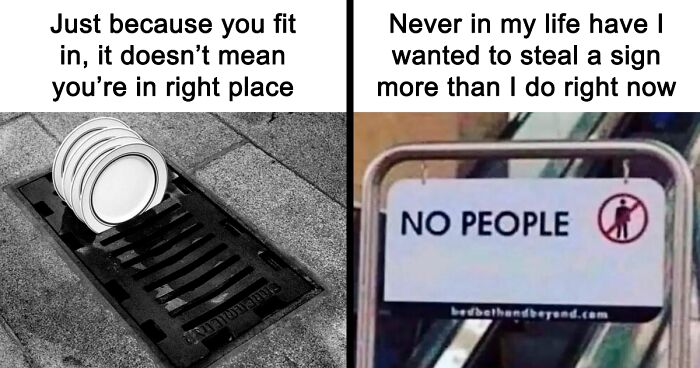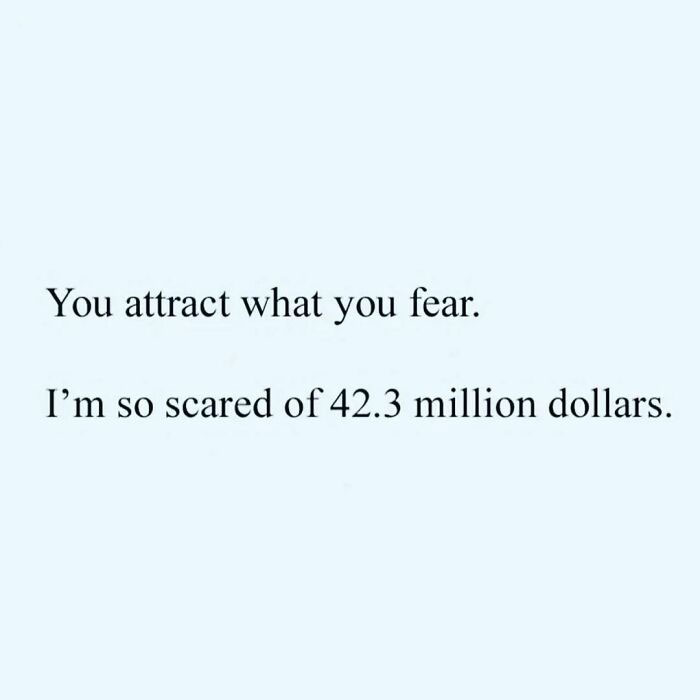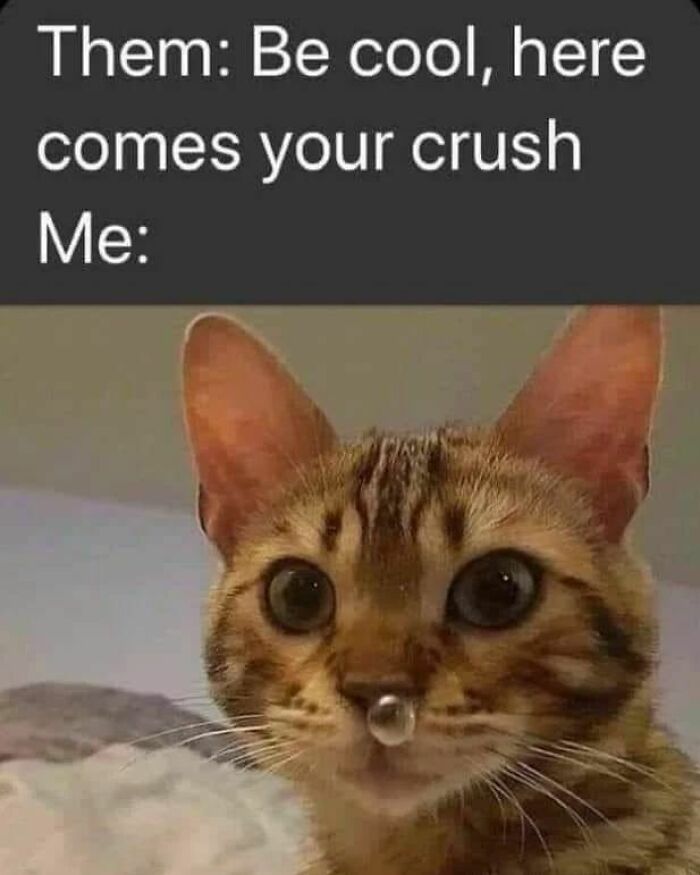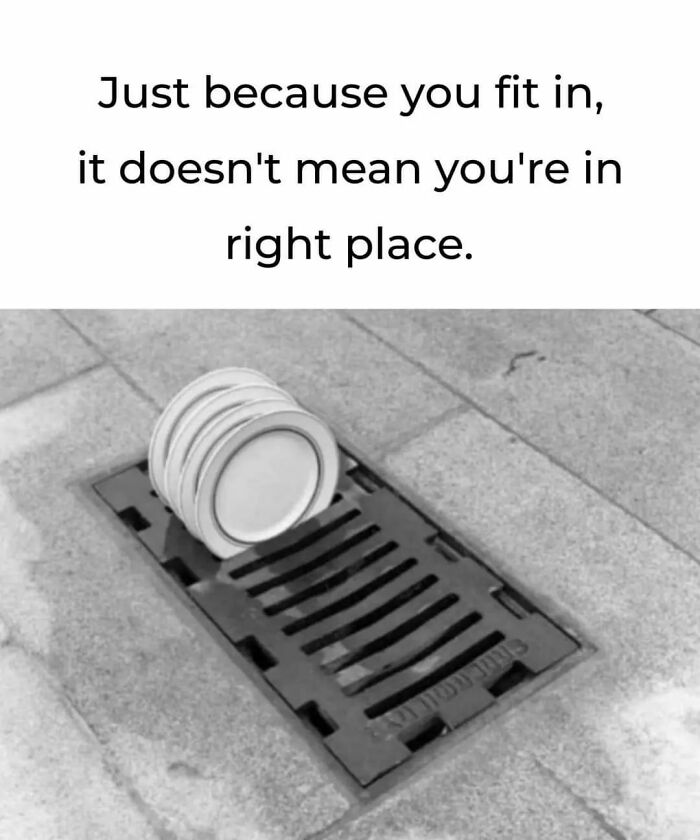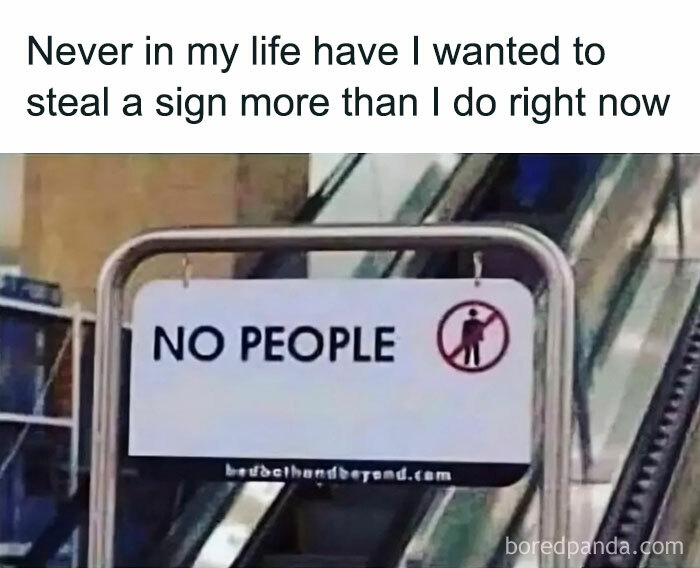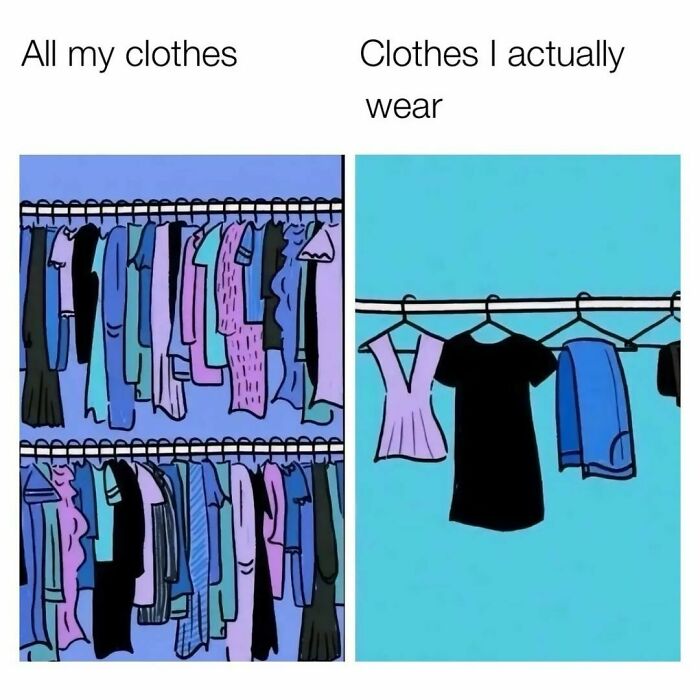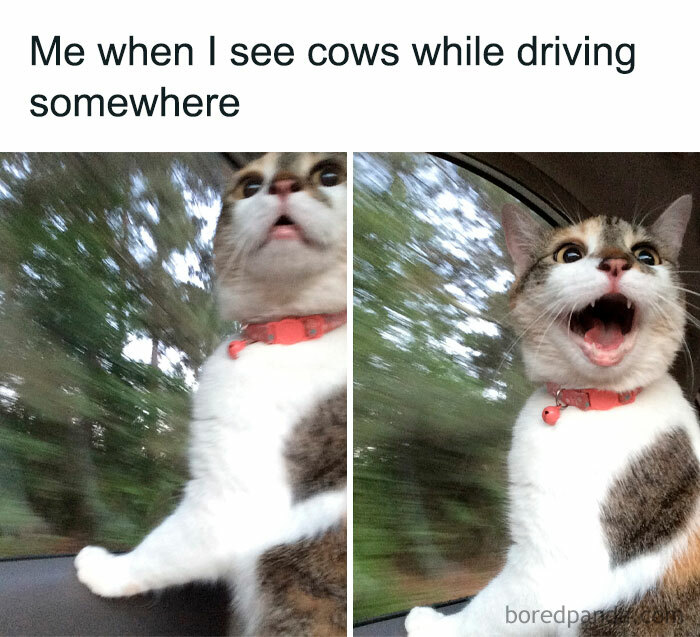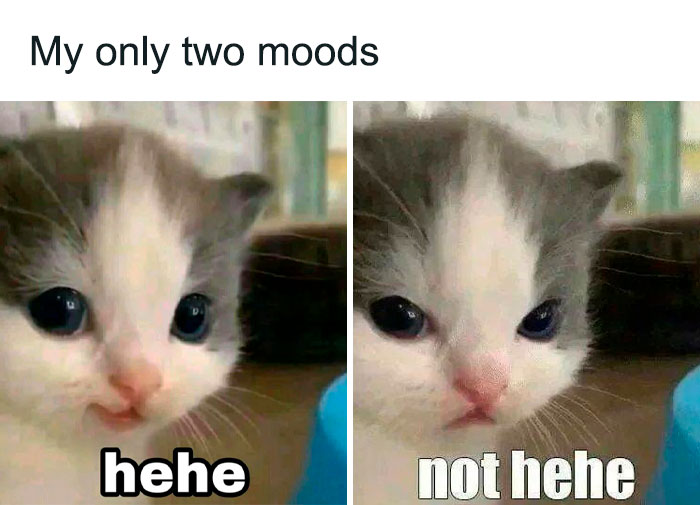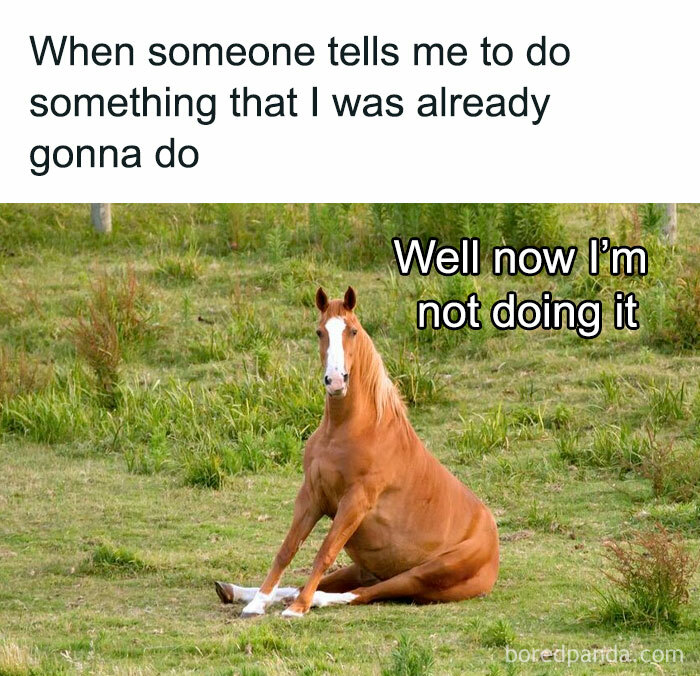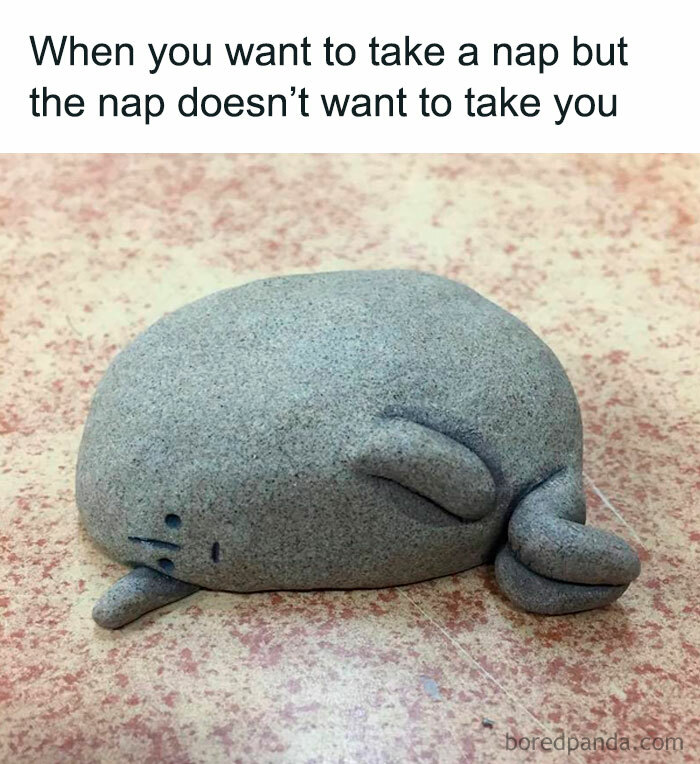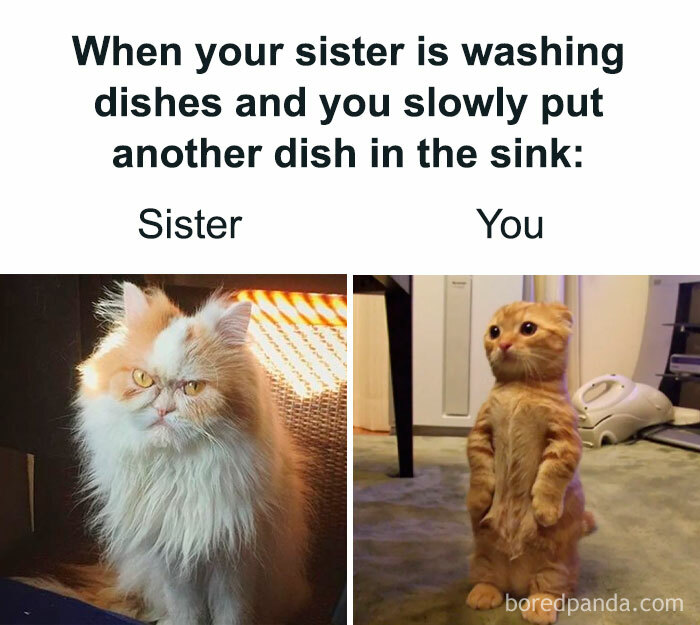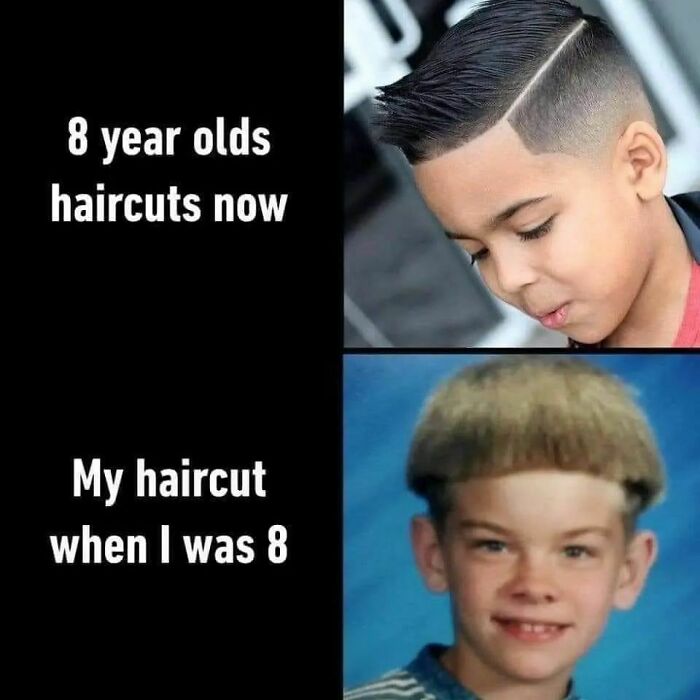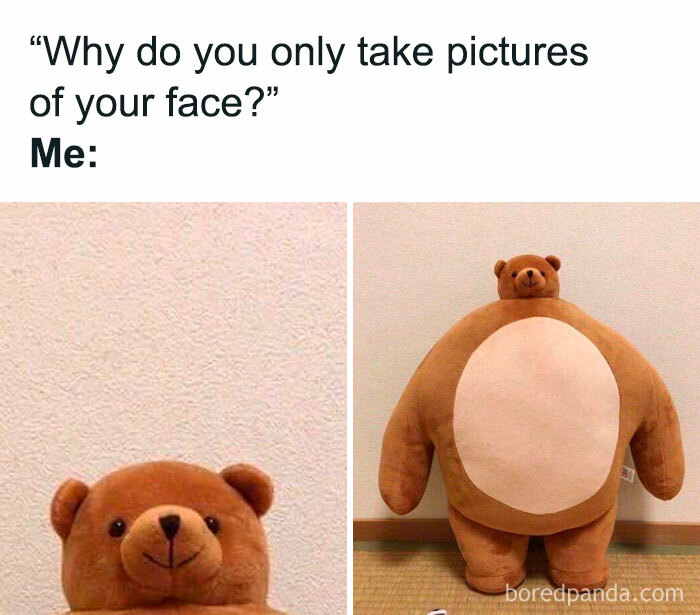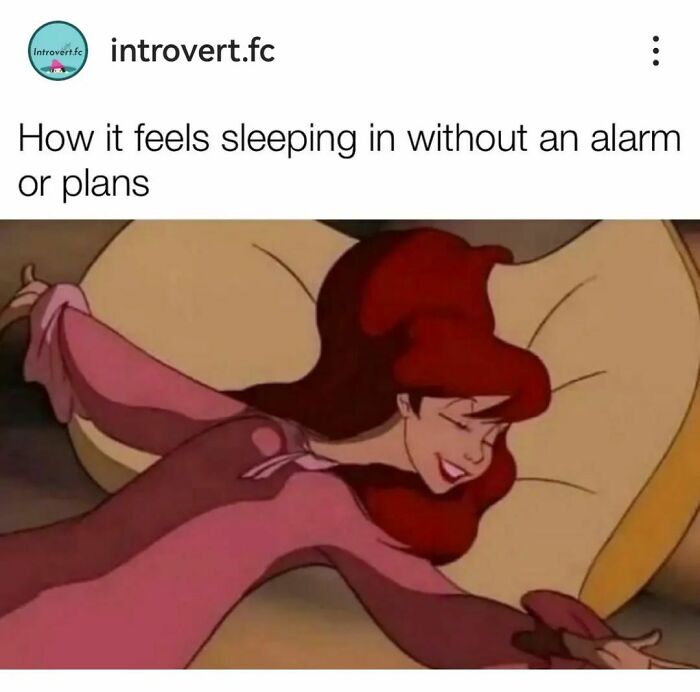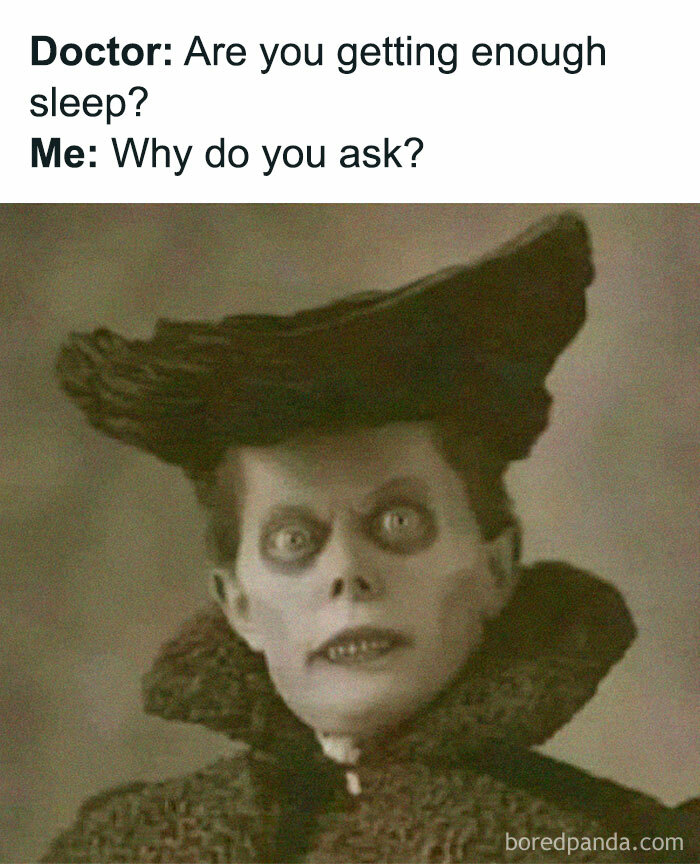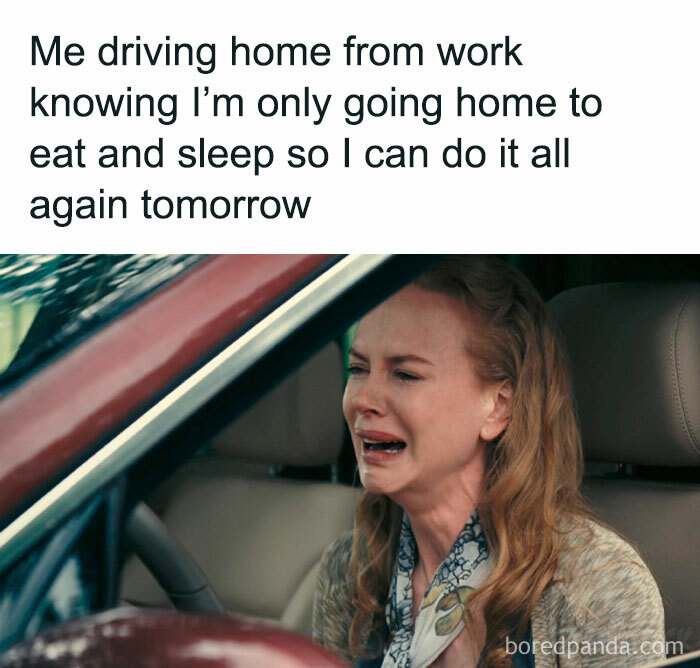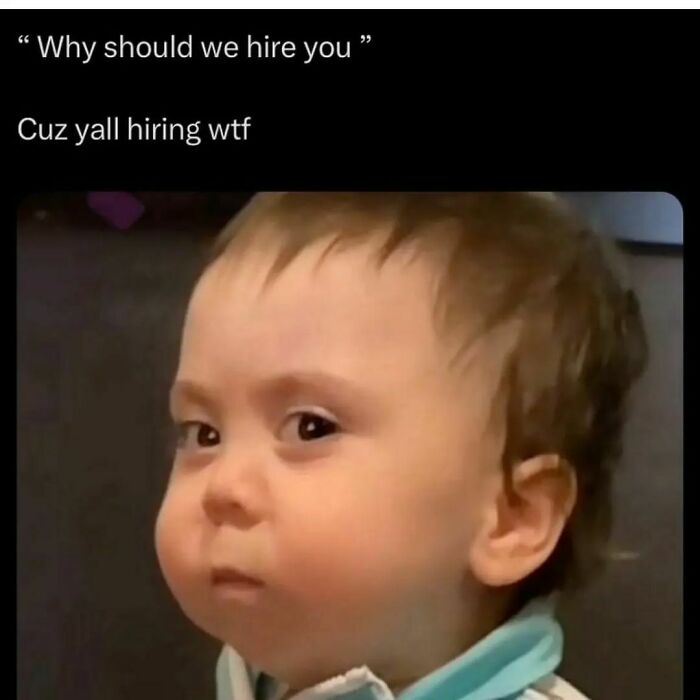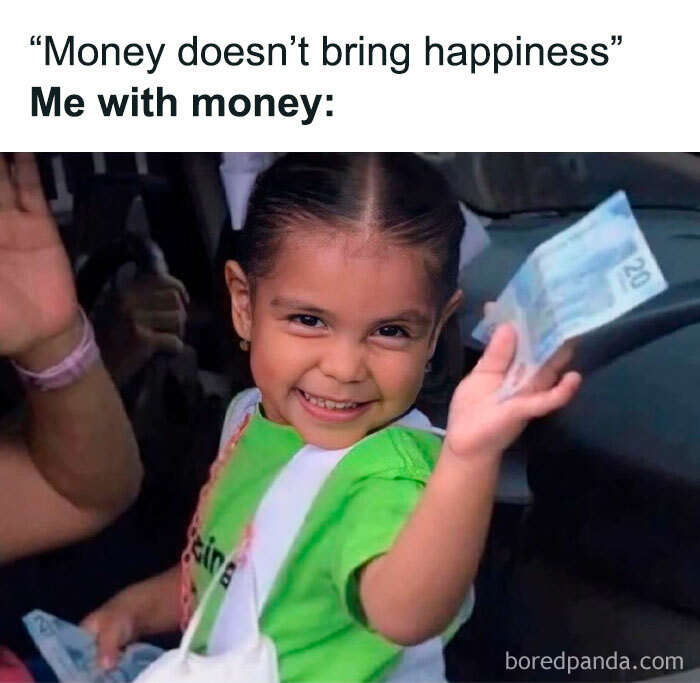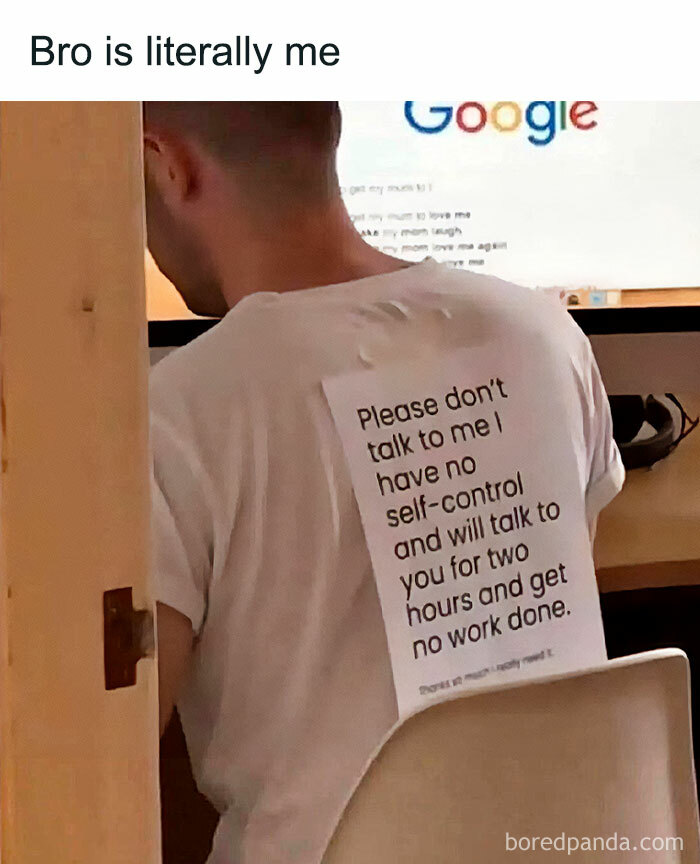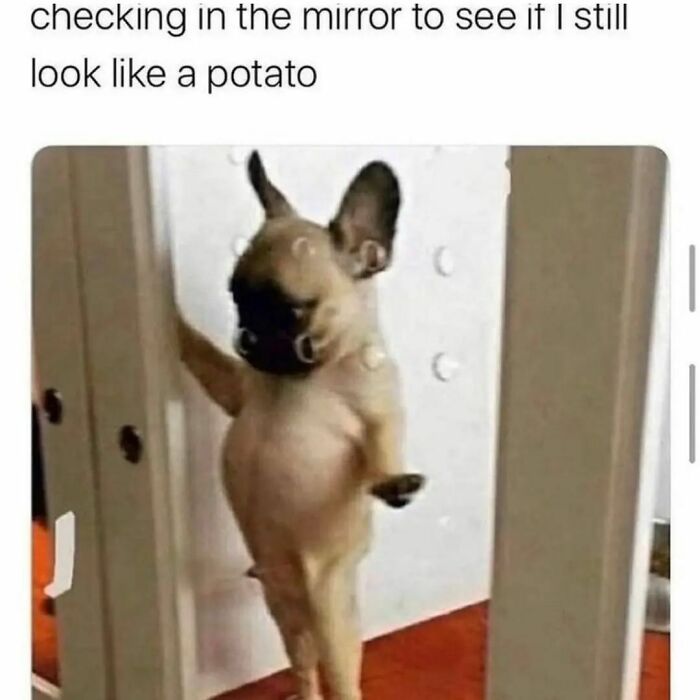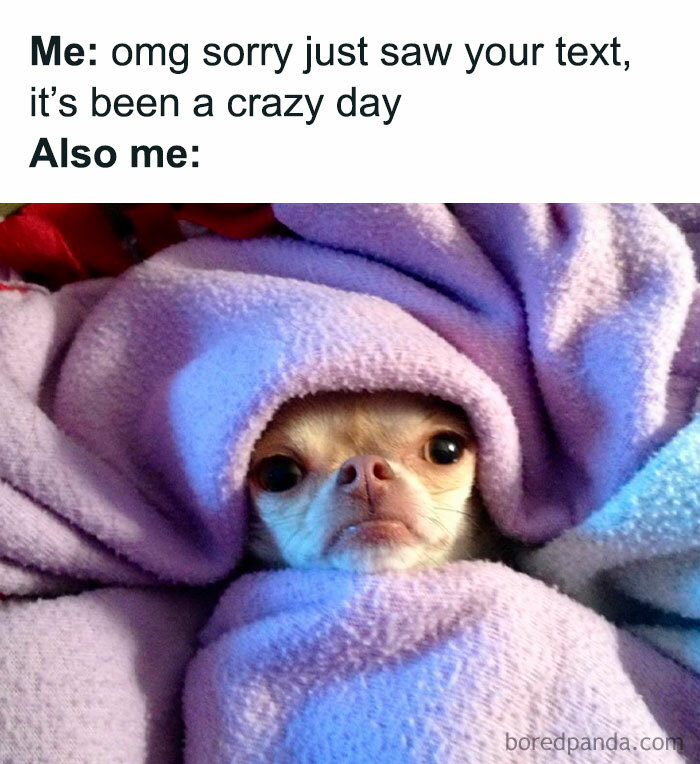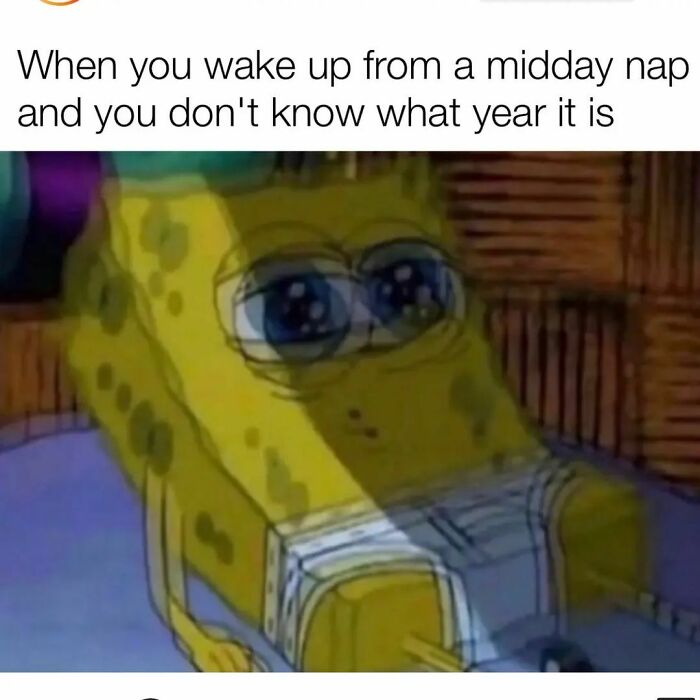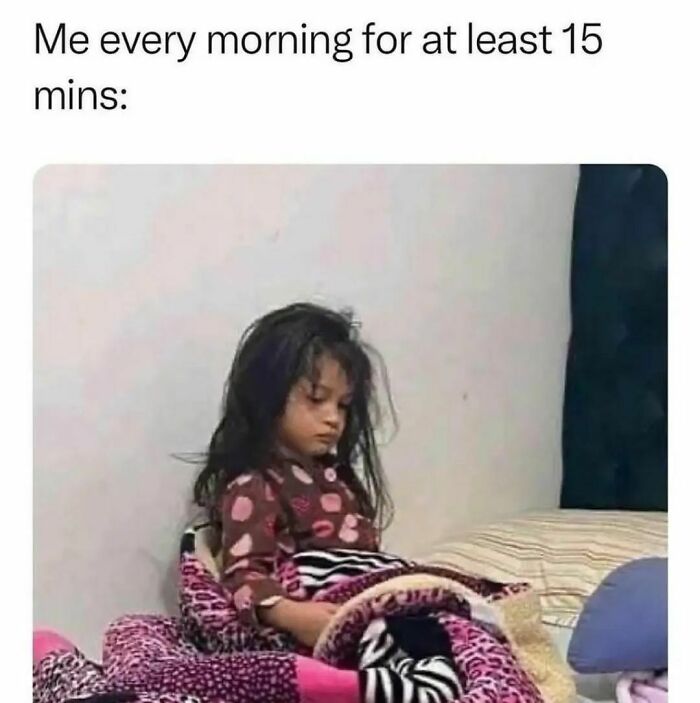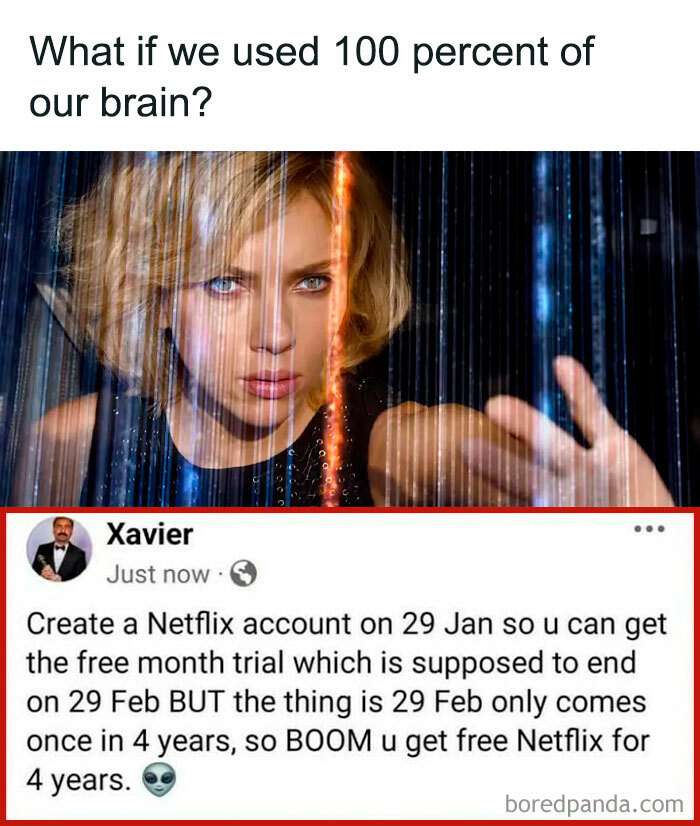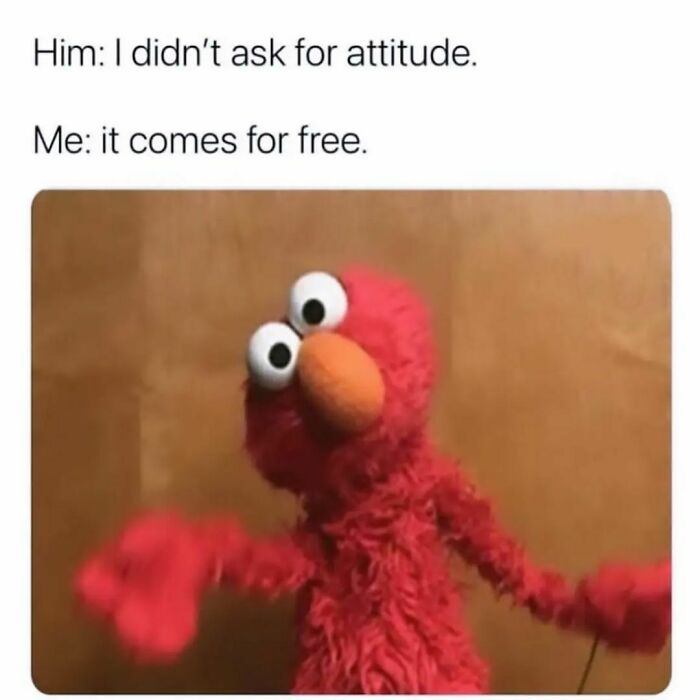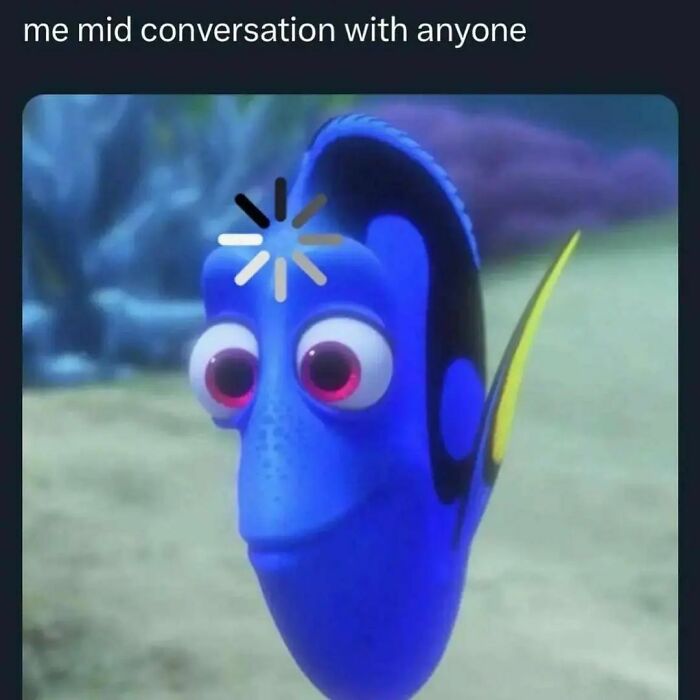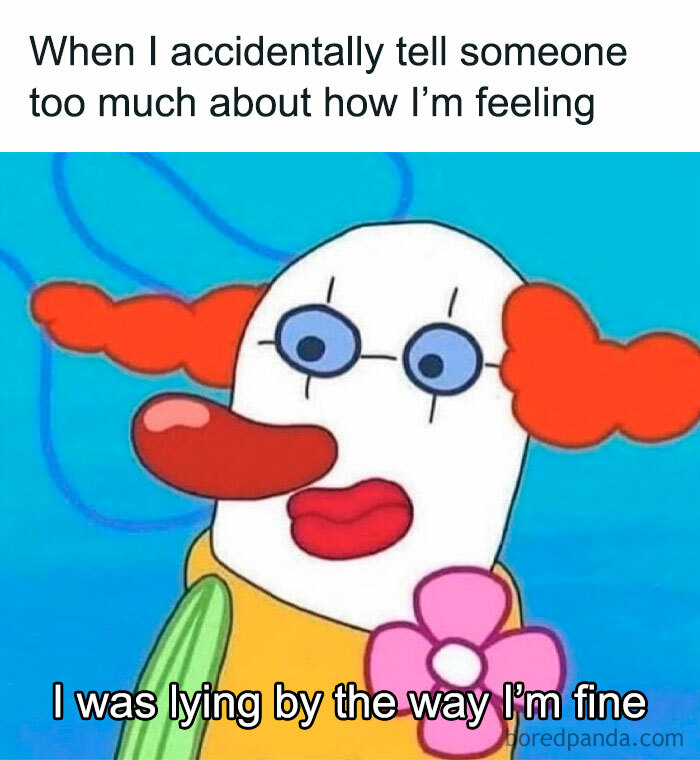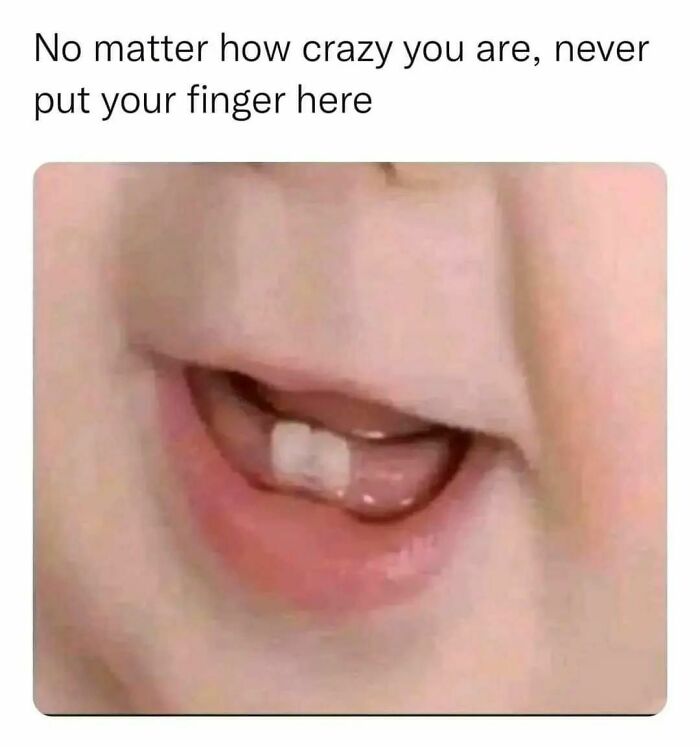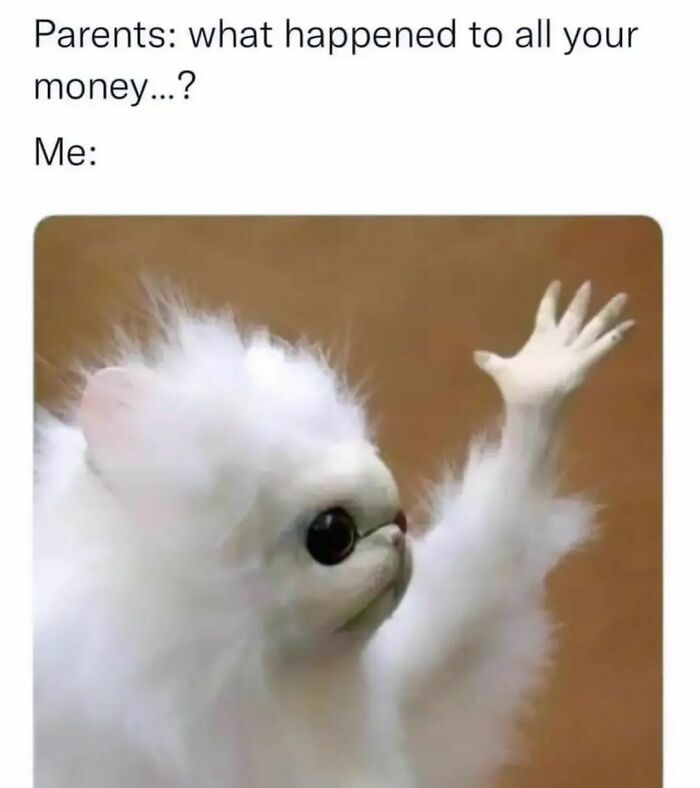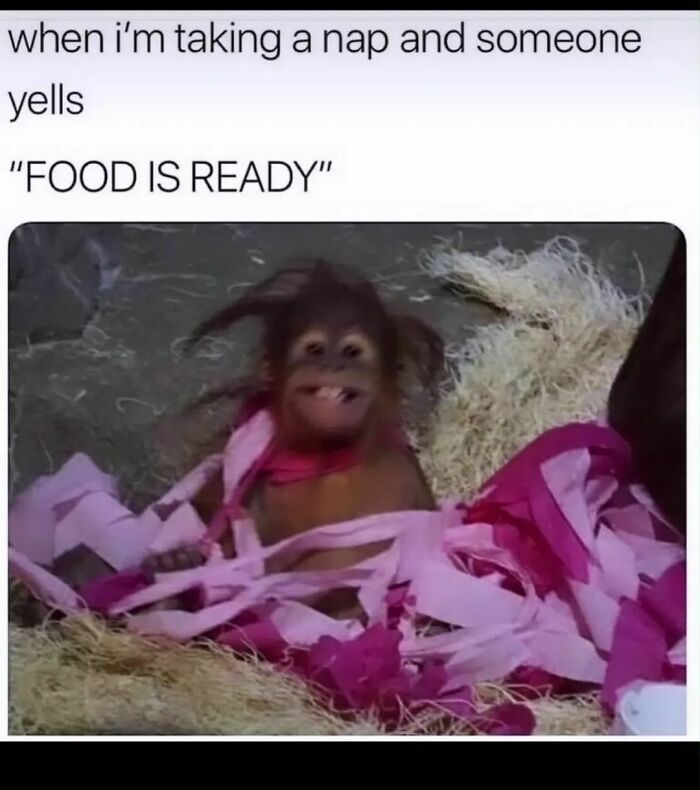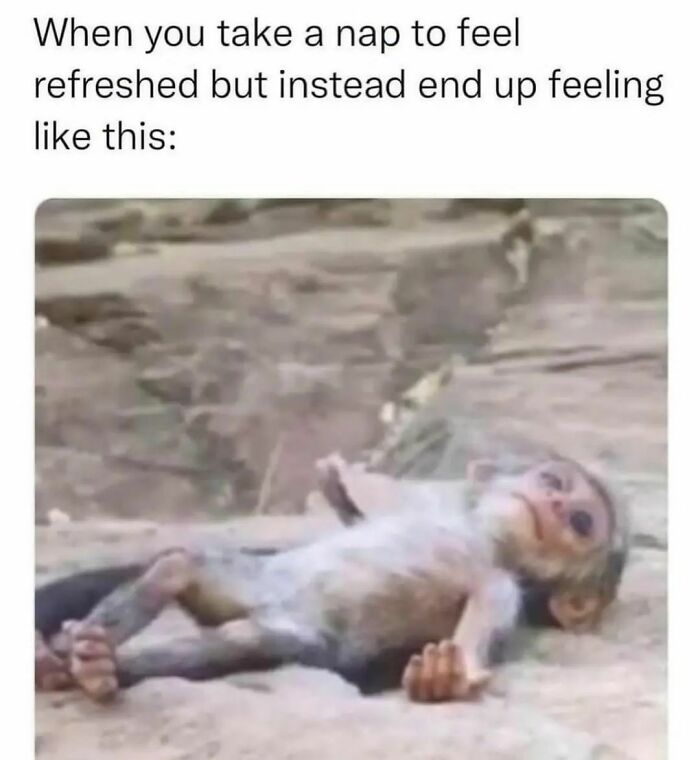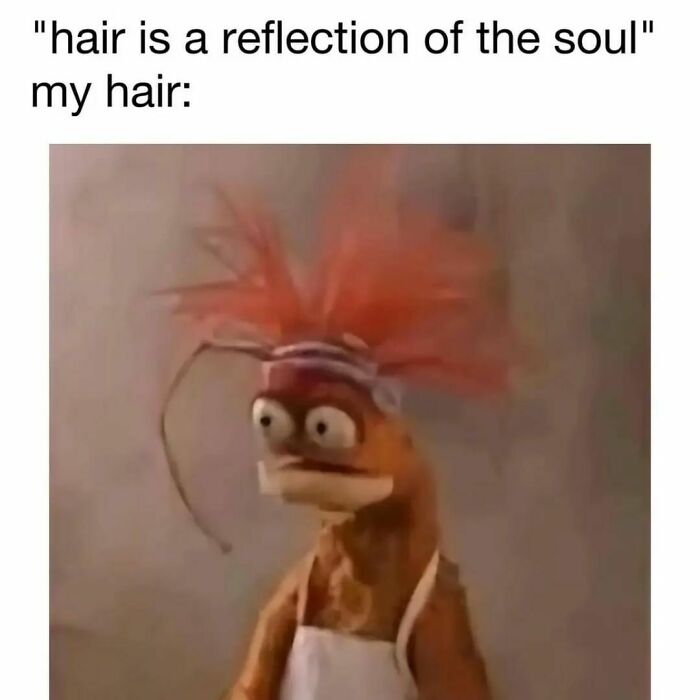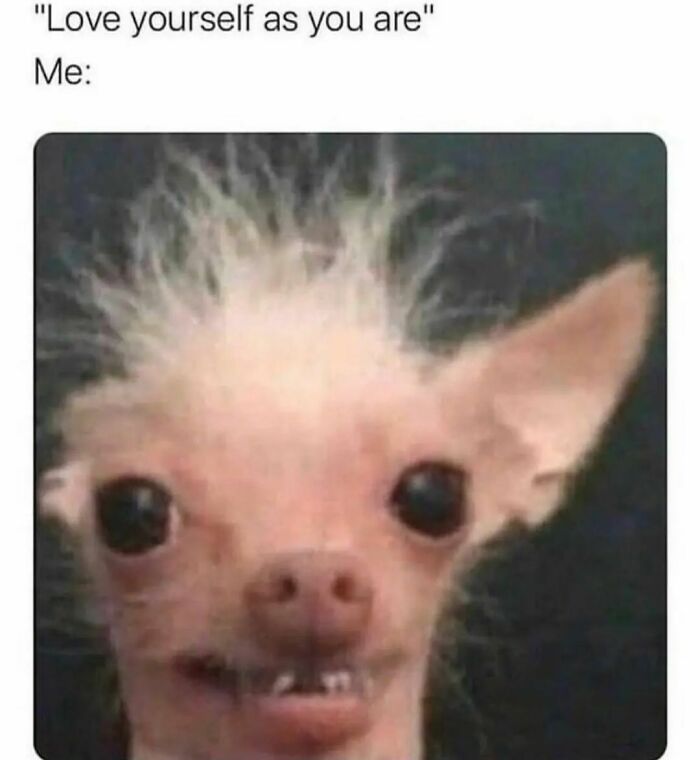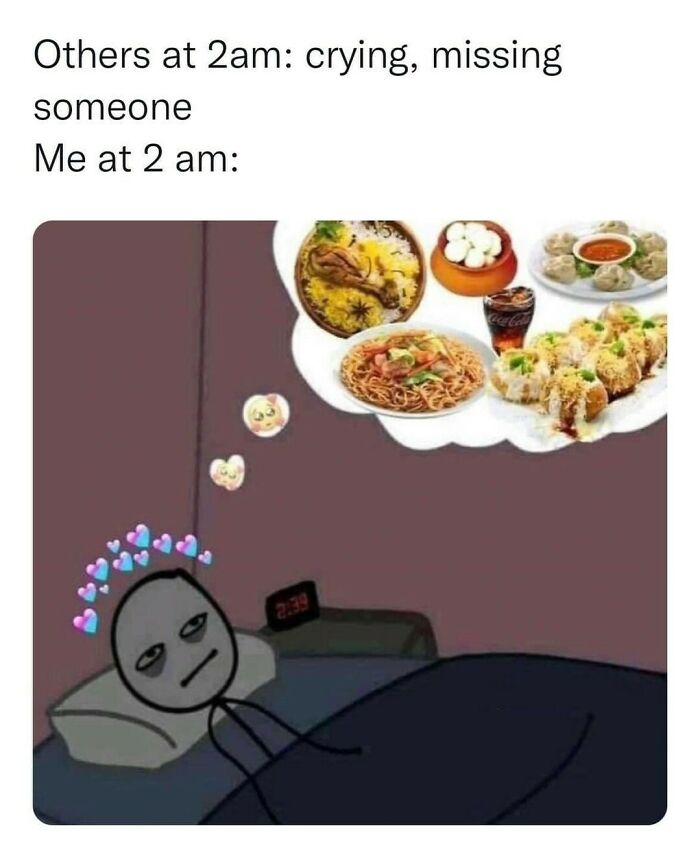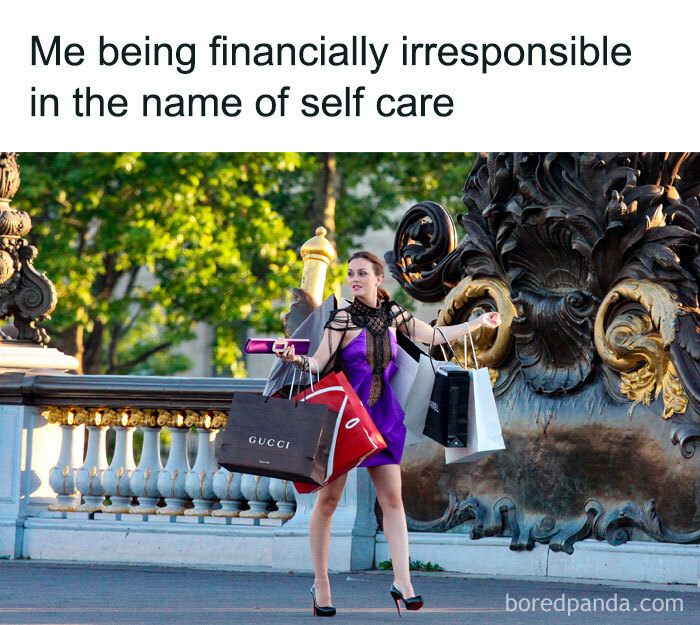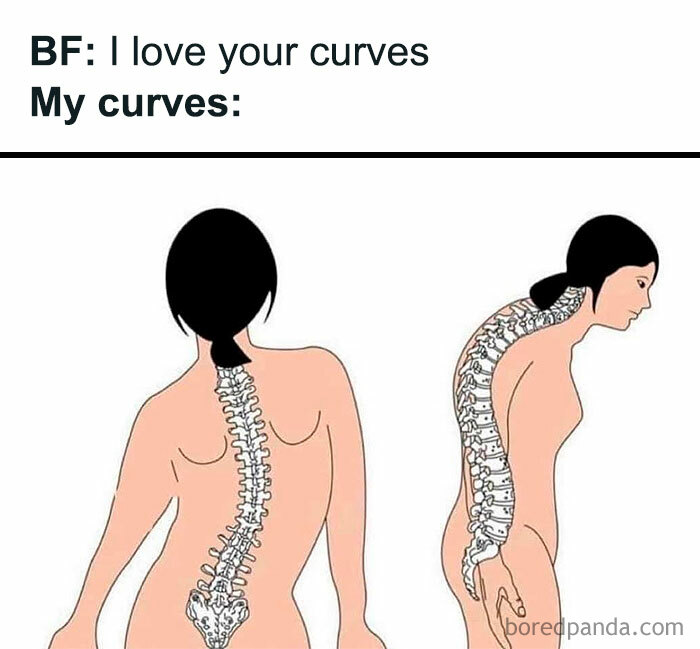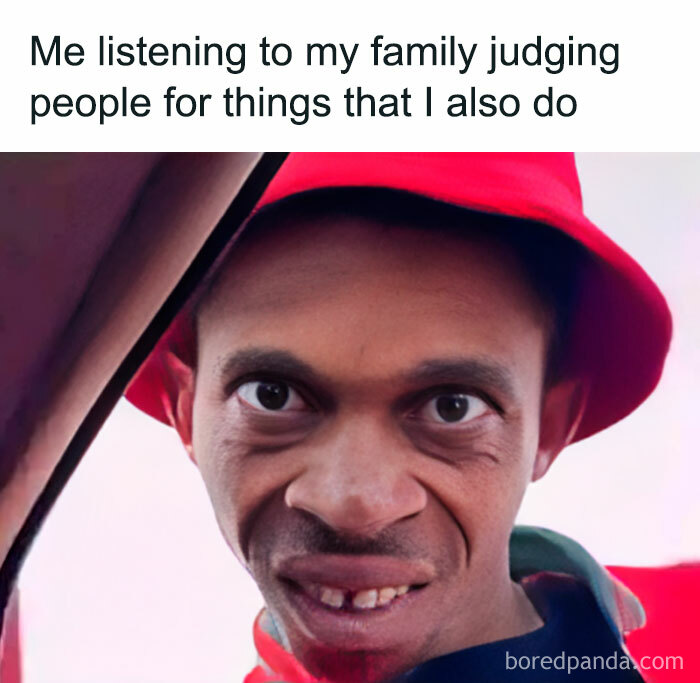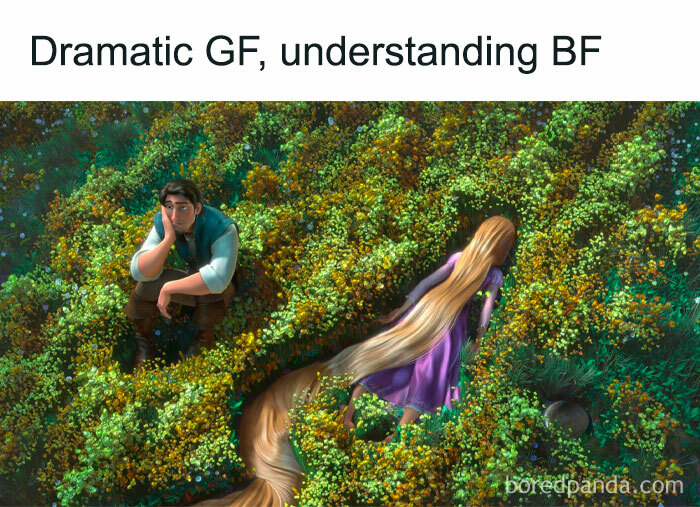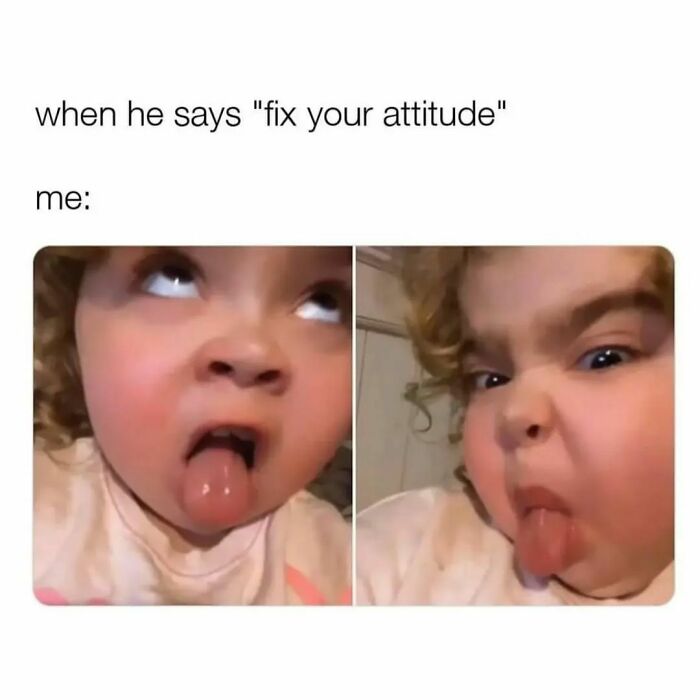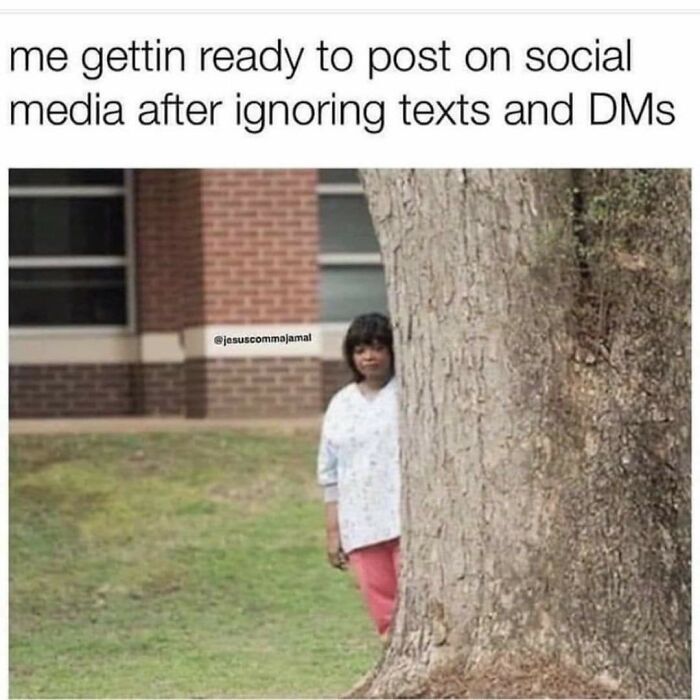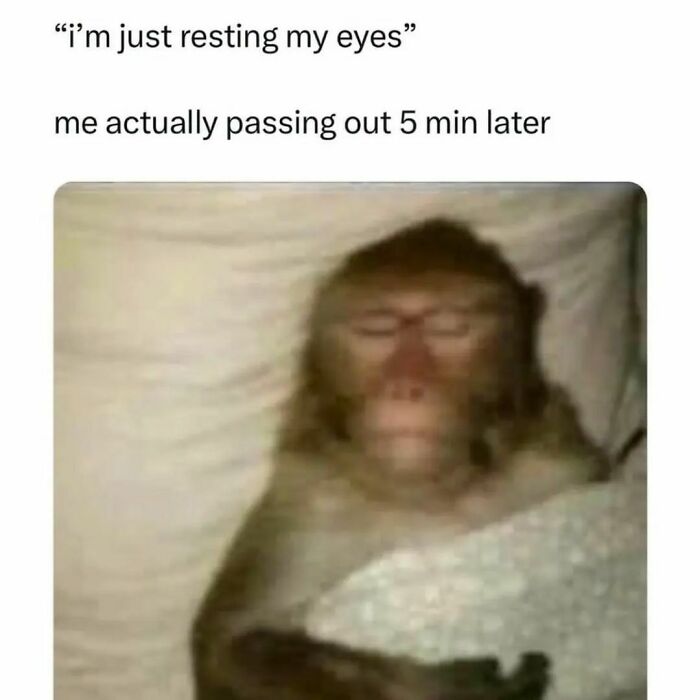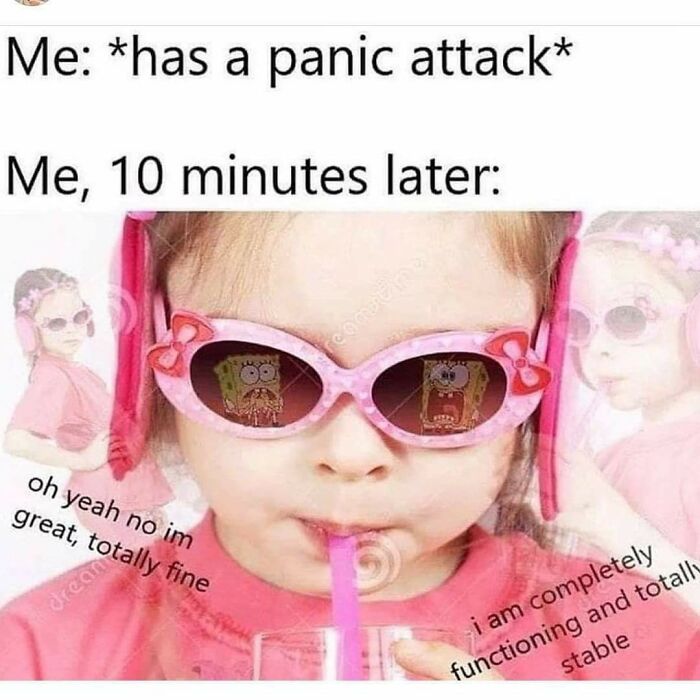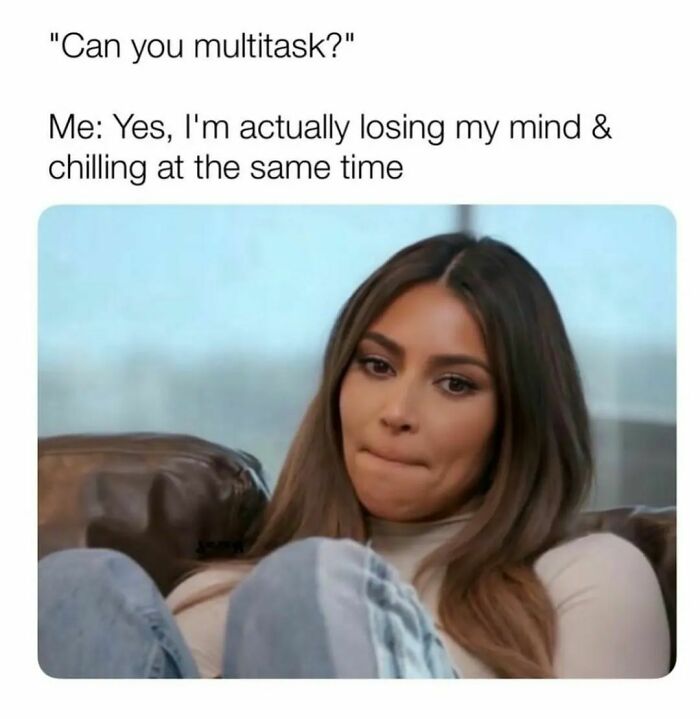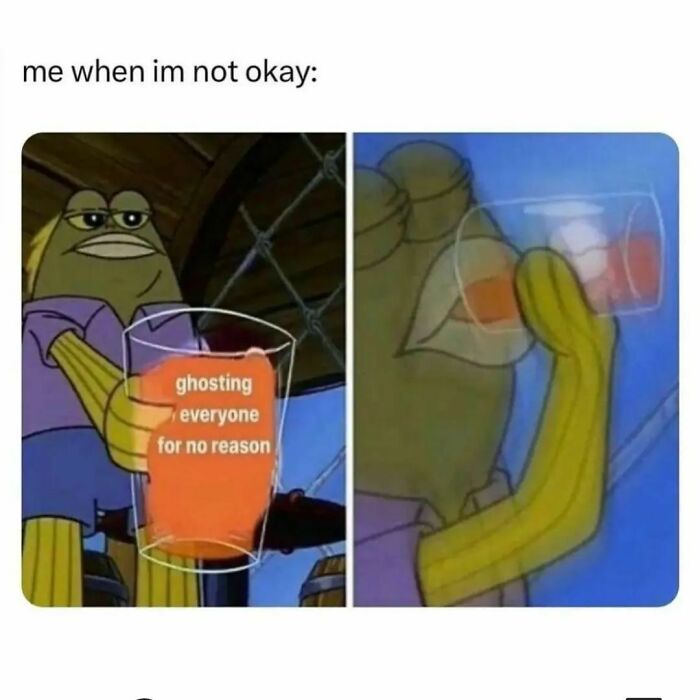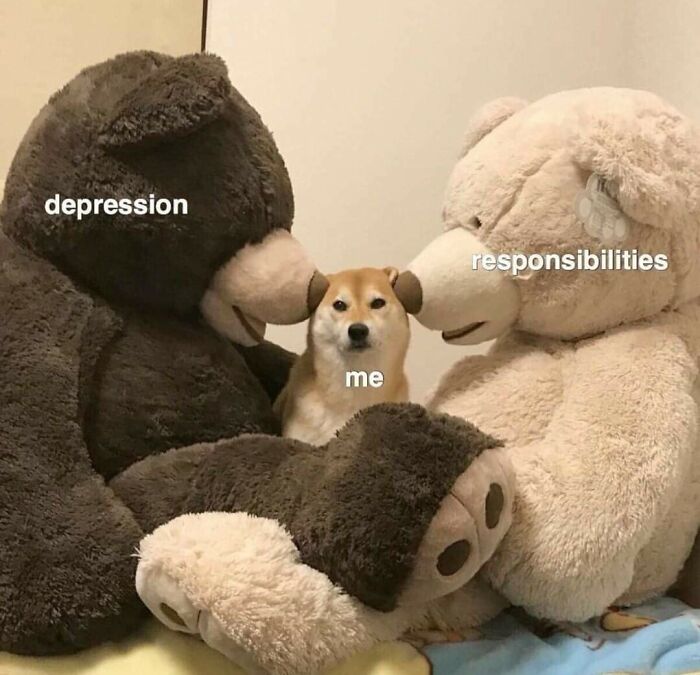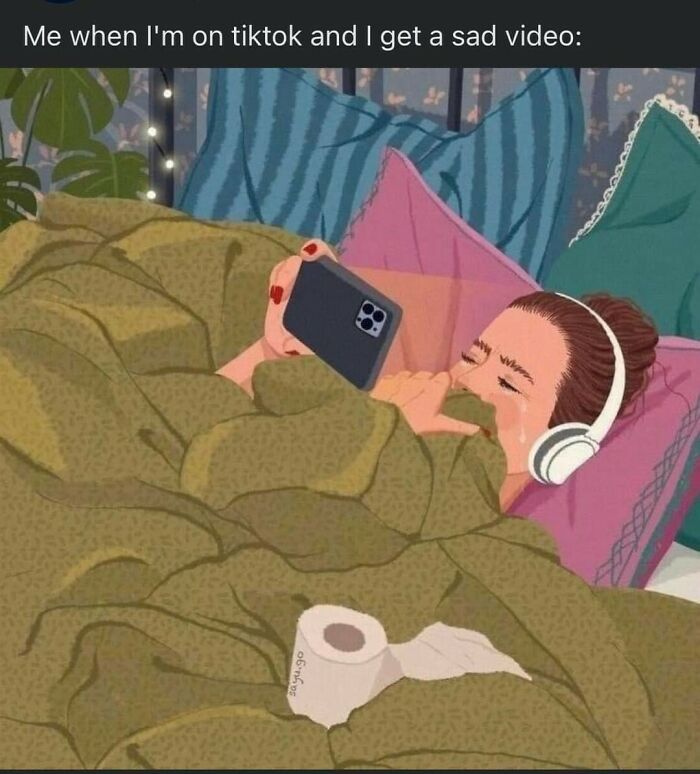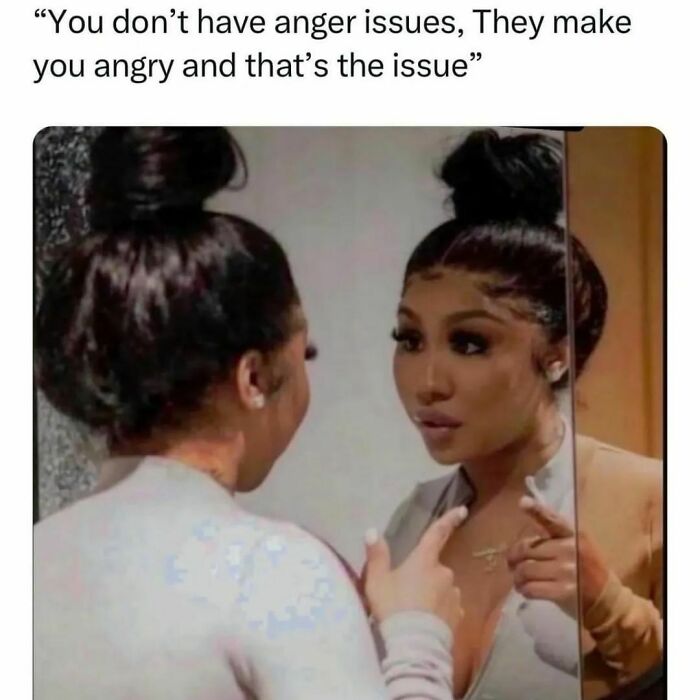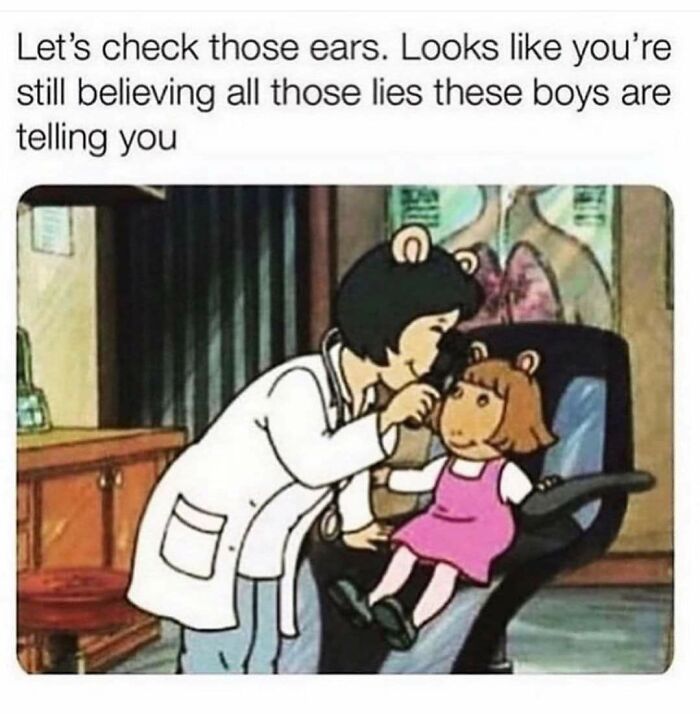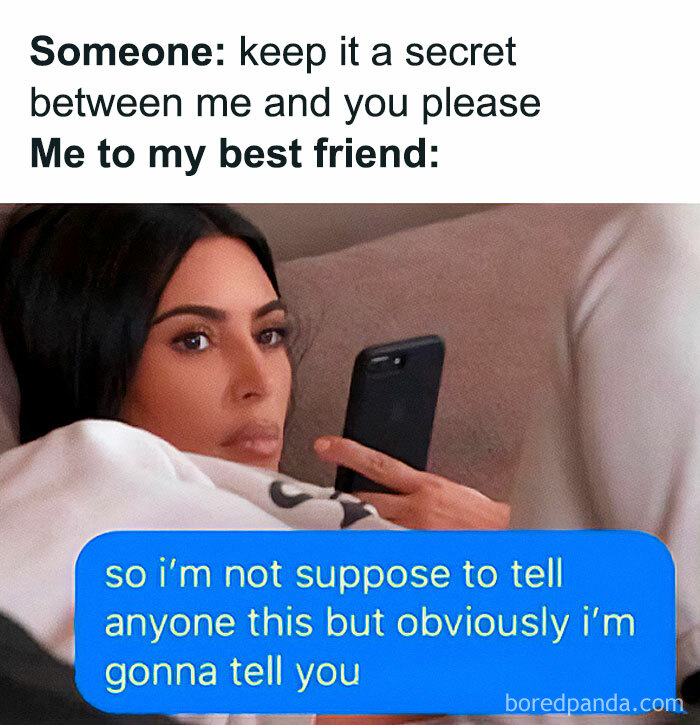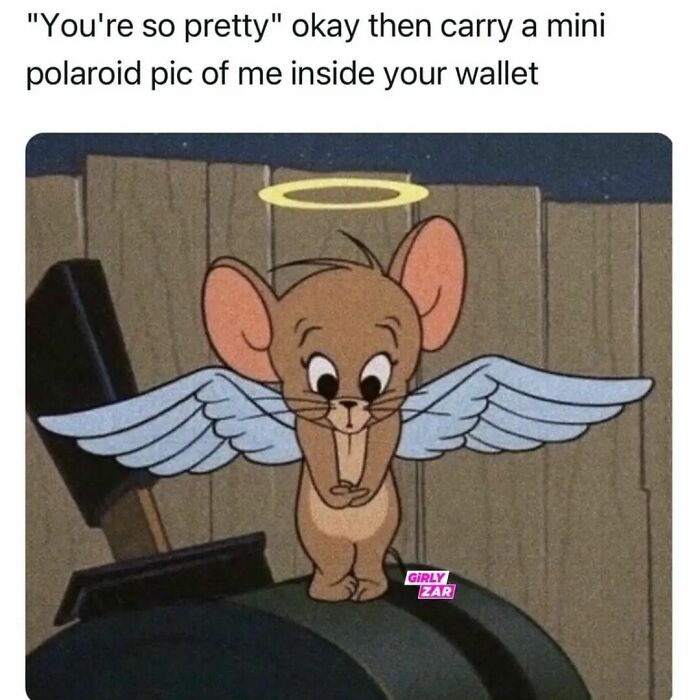Hey there, pandas! How’s your Monday going? We hope it’s off to a great start, but if you need a little pick-me-up to power through the rest of the day, we’ve got you covered.
We’ve put together a fresh compilation of hilarious and relatable memes from the Instagram page ‘Sarcasm Daily.’ With almost 700k followers, it’s clearly a hit, and we hope you’ll enjoy them just as much. Happy scrolling!
This post may include affiliate links.
Memes are everywhere. Even as you scroll through this meme-packed article, chances are there are a few more cheeky ones waiting for you in your inbox from friends. They might be wholesome, like those featuring the newly famous Thai hippo baby melting hearts across the web, or provocative, tackling the latest breaking news. Maybe they’re just a clever nod to the latest movie everyone’s buzzing about.
Whatever the content, it’s likely already gone viral. And while they often seem like just funny images, these creations have profoundly changed how we communicate and think.
“They spread and influence humans,” says Utah State University computer science professor Nick Flann in a 2021 Science Unwrapped talk. “It’s not just fun, it can actually change your behavior and some of the outcomes of society, perhaps. Memes thrive in the world because we have the internet and because we have advanced artificial intelligence.”
The term “viral” is a direct reference to how real-world diseases spread, and it’s a fitting analogy to describe how fast things move online. They catch on in no time, and while this means we have an endless supply of jokes to enjoy, it also makes room for content designed to mislead rather than entertain. “It has tremendous power to influence the future,” Flann says.
The clothes I regularly wear are in the clean laundry basket, the rest are hung up in the closet. .
Easy way to count the cows, add up all their legs and divide by four.
Although Flann’s lecture was given in 2021, the use of AI to spread misinformation has only increased since then. Just last month, Donald Trump posted an AI-generated image on Truth Social of Taylor Swift in an Uncle Sam outfit, falsely claiming she had endorsed him. The fake photo was accompanied by others, also likely AI-generated, showing young women in T-shirts reading “Swifties for Trump.”
Trump later acknowledged that the images weren’t real, and while many considered the post to be a joke from the very beginning, it’s likely that some took it seriously.
Despite the potential for misuse, memes have plenty of supporters, like Dr. Jeremy Sng, a lecturer at Nanyang Technological University’s School of Social Sciences. His research focuses on how media affects people psychologically and behaviorally, and he believes some of the criticism aimed at meme culture—like claims that it promotes misinformation or disrespects authority—isn’t entirely fair.
“Making jokes at the expense of others, including those in power, is something people have done in private conversations and coffee-shop talk long before memes came about. So, it is a bit unfair to blame this solely on memes,” Dr. Sng says. “Memes are also not the only type of content contributing to misinformation.”
Hmmm, I had the same cut but my hair was at least down to my ears. A bit of a warning, never try to cut your own hair when you're in junior high.
Leah Selakovic, a psychologist at SACAC Counselling, echoes Dr. Sng’s sentiment. “Memes are able to spread both useful information and misinformation,” she says. “So, the only reasonable conclusion is that meme culture, and by extension social media and the Internet, is a double-edged sword, just like any other tool.”
“Many supposed ‘toxic’ aspects of meme culture are also arguably not caused by it,” she adds. “Rather, these elements may be manifestations of unhealthy beliefs which are seen through memes precisely because of their accessibility.”
No, because I still wake up half an hour before the alarm is due to go off. (That's when I do my best BP posting!)
Moreover, according to online media monitoring company Meltwater, positive memes on social media generally outnumber negative ones, but it’s the latter that tend to gain more traction.
Mimrah Mahmood, a senior director and partner at Meltwater, explains that controversial memes touch on sensitive topics, which naturally attract more attention. “Positive or inspirational memes don’t generate the same level of interest,” he says.
It’s no surprise that memes evoking strong emotions like outrage tend to spread the fastest—research shows that anger is the most viral emotion online. This often means that wholesome and lighthearted memes don’t become as popular, but their positive impact should not be overlooked. These memes can help people connect over shared struggles like depression or anxiety and bring individuals together through niche interests. They also express feelings that are often difficult to articulate.
Why does this vibe like a real person?? Like for a second I forgot that Chucky isn't real
Weird Al had a song back when he started called This is the life, and one of the lines was, "If money can't buy happiness, I guess I'll have to rent it." I love that quote.
This does not happen to me on BP because I am NEVER sarcastic.
I put these in last year's Christmas stockings (and we wore them all day). They're going to be hard to top this year.
Thank the gods I am not a sharer on any platform where I'm not anonymous. Anonymous posting is my therapy. That and my actual therapist

 Dark Mode
Dark Mode  No fees, cancel anytime
No fees, cancel anytime 




